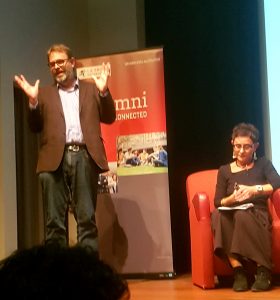 There is an increased blurring between the workplace, work and mental health. In the past, work and life were often split implying that one had little to do with the other except for a salary in return for effort and wellness in preparation for productiveness. This split was always shaky but was convenient for lots of reasons, one of which was the management of occupational health and safety (OHS). However that perceptual split is over, now that mental health has come to the fore in many OHS considerations.
There is an increased blurring between the workplace, work and mental health. In the past, work and life were often split implying that one had little to do with the other except for a salary in return for effort and wellness in preparation for productiveness. This split was always shaky but was convenient for lots of reasons, one of which was the management of occupational health and safety (OHS). However that perceptual split is over, now that mental health has come to the fore in many OHS considerations.
Recently



 The first is
The first is